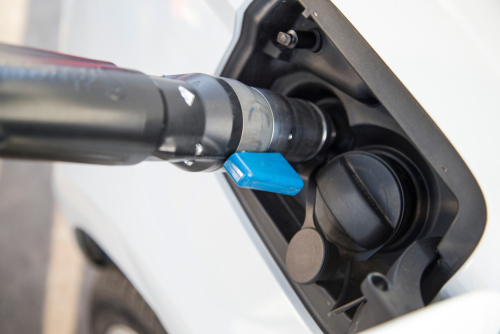
On Thursday, Clean Energy announced it had entered into an agreement with the Metropolitan Transit Authority of Harris County (METRO) to build its first private compressed natural gas (CNG) fueling station.
The state-of-the-art facility will be the first of its kind and will serve up to 120 of Houston METRO’s natural gas-powered buses. The transit buses will consume about two million gallons of CNG annually once the fueling station is completed and fully operational, officials said.
“We are excited to be partnering with the team at METRO on their very first CNG station build,” Chad Lindholm, senior vice president at Clean Energy, said. “For METRO, growing their CNG-powered fleet and making the switch will truly help shift the dial in reaching their sustainability goals. This deal also demonstrates the confidence the city has in CNG as a cleaner, more efficient fuel to provide essential transport to millions of commuters daily. For Clean Energy, this represents the largest agreement we have won in the last decade, demonstrating the ongoing transition to cleaner-burning natural gas by some of the country’s largest fleets.”
Under the agreement, Clean Energy will design and build the station, upgrade the current site’s bays and provide operations and maintenance services for the station. The station will play a crucial role in the transit agency’s efforts to reduce nitrogen oxide and carbon emissions by helping the fleet convert to zero-emission fuels by 2030. The transit fleet will be able to achieve a 90 percent reduction in NOx and tailpipe emissions once the transition is complete, officials said.
Houston is home to 4.7 million residents over 1,285 square miles, making the METRO bus routes cover a geographic area larger than the cities of Chicago, Dallas, Los Angeles and New York. Houston buses often double the fuel usage of other city bus fleets, officials said. The new station and buses will help the agency seamlessly transition to renewable natural gas allowing the fleet to reduce carbon emission by more than 300 percent, officials said.